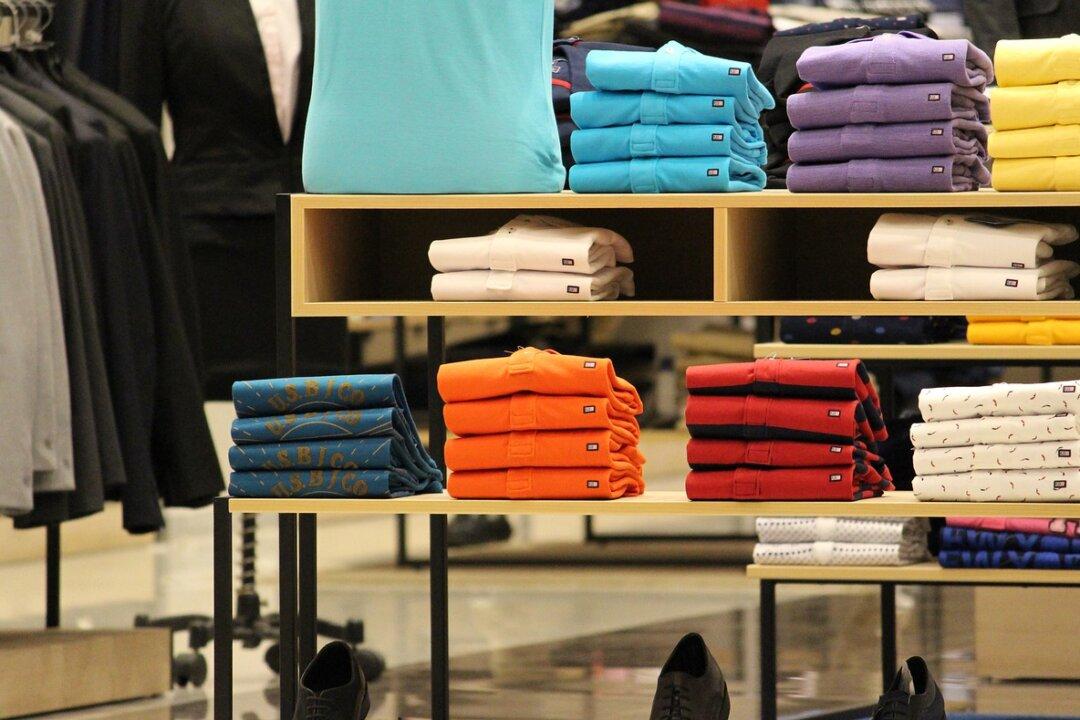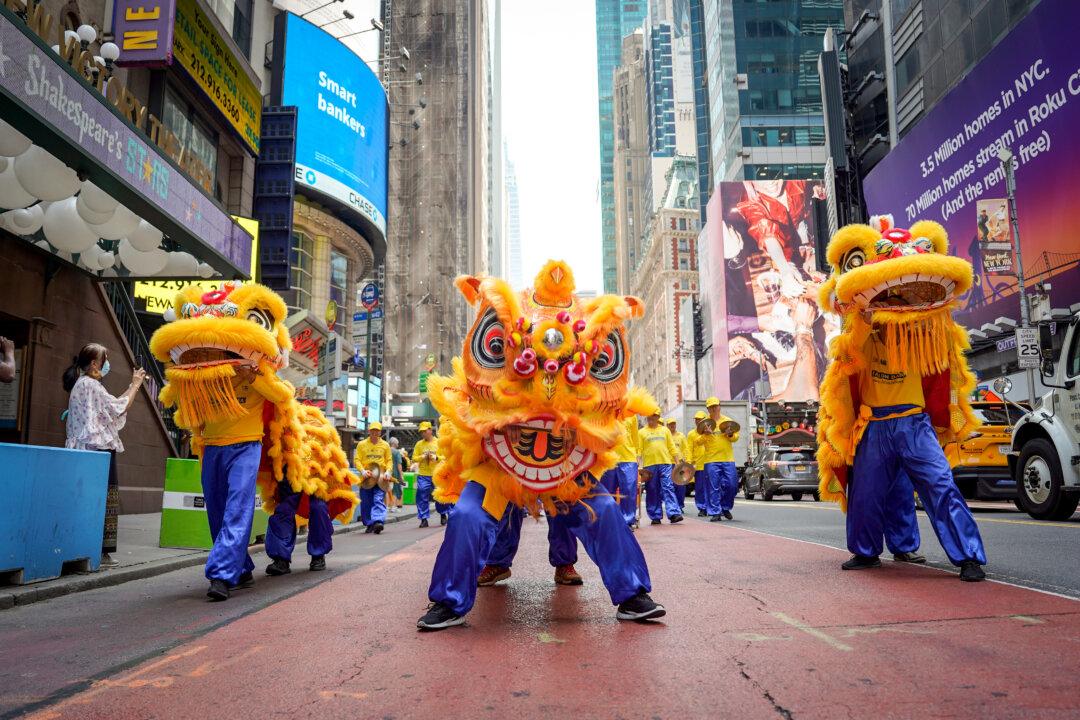As Melbourne Fashion Week starts from Nov. 15 -21, fashion experts expect Melburnians to turn to a more leisure clothing style in a post-lockdown world.
Dr Kate Sala, lecturer of design and technology at the School of Fashion and Textiles, Royal Melbourne Institute of Technology (RMIT University), noted that Melbourne’s penchant for black might give way to more colour and flamboyance on Melbourne streets.




